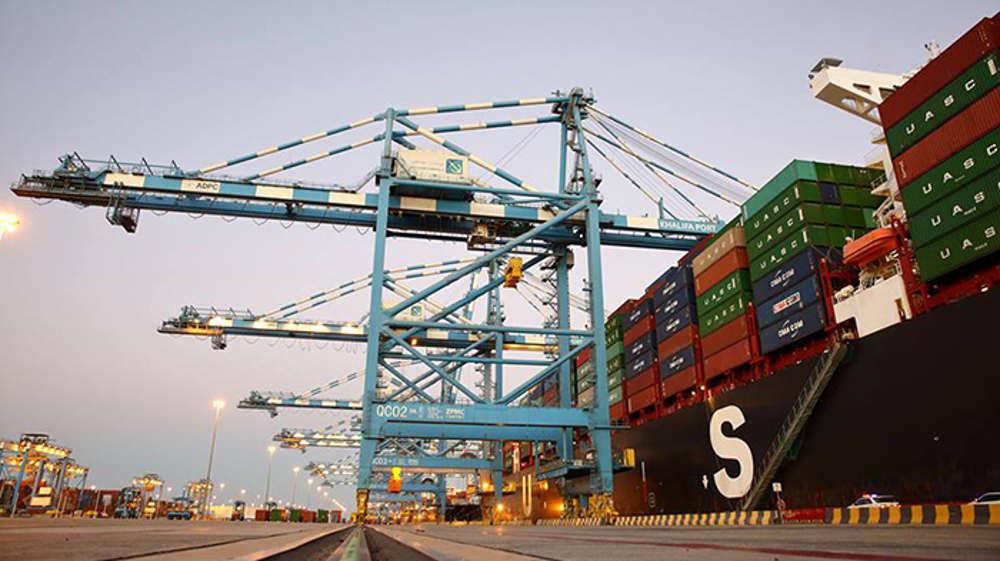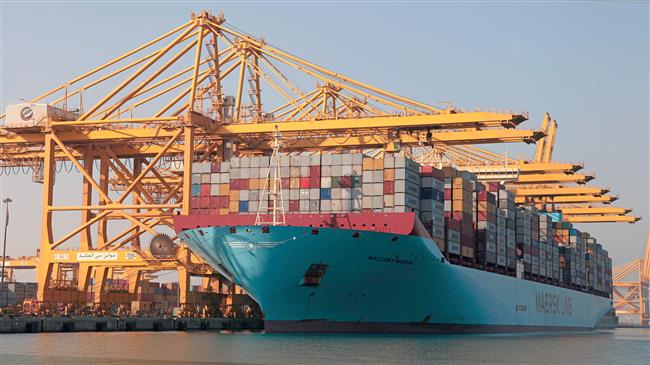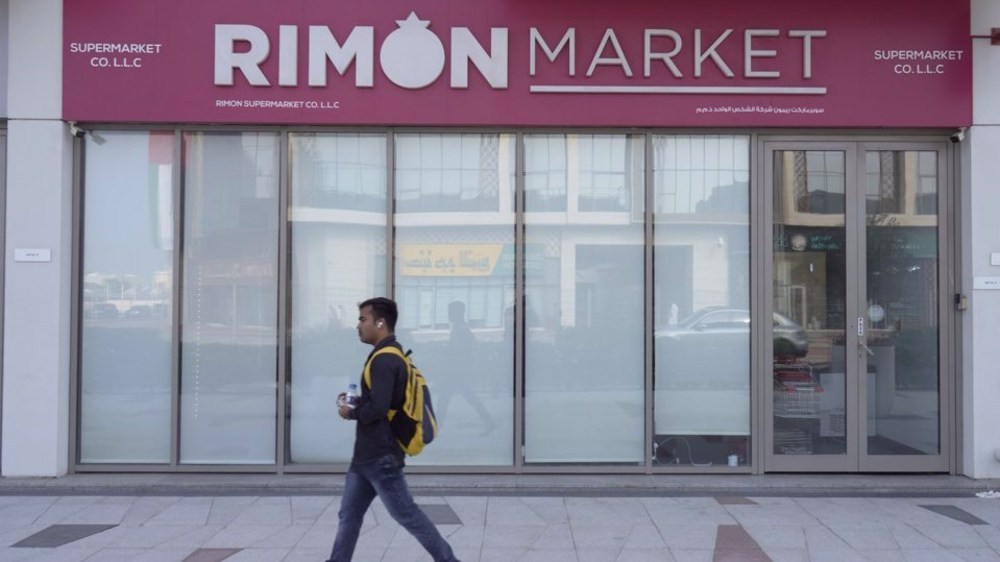UAE shuts down construction at Chinese port facility near Abu Dhabi under US pressure, officials say
The United Arab Emirates (UAE) has ordered construction work at a Chinese port project near the capital Abu Dhabi to be halted under intense US pressure after American officials argued that Beijing intended to use the site for military purposes, a senior Emirati official says.
Anwar Gargash, a diplomatic adviser to the UAE’s leadership, said at a forum in Washington on Thursday that authorities ordered work stopped at the site at Washington’s behest following conversations with the White House.
“We stopped the work on the facilities,” Gargash said. “But our position remains the same, that the facilities were not military facilities.” He didn’t elaborate on what the UAE believed the facilities were to be used for.
The top UAE official noted that his country’s dialogue with the US on the issue had been “quite frank.”
Speaking at the same forum, Brett McGurk, National Security Council's coordinator for the Middle East, didn't specifically address the controversy.
“We have made our position very clear about the types of activities that would jeopardize our ability to do things that our partners want,” McGurk said, referring to weapons sales and technology transfer to US regional allies.
“The Chinese sometimes will say hey, we are doing ‘A,’ we want to help build a port, when in fact they’re doing something quite different,” the US official noted.
McGurk added, “And there’s been a bit of an awakening to this I think all around the world, including in the Middle East region.”
The Wall Street Journal reported last month that US intelligence agencies had detected the excavation of a huge hole to accommodate a multi-storey building inside the commercial Khalifa port, which sits some 80 kilometers (50 miles) north of the UAE capital.
According to the Journal, the discovery rattled relations between the Biden administration and the Persian Gulf kingdom, and led to a series of high-level meetings and intelligence-sharing between the two countries.
The newspaper further claimed US President Joe Biden expressed concern about China's growing presence in the UAE during talks in May and August with Abu Dhabi Crown Prince Mohammed bin Zayed (MBZ).
In one talk, Biden reportedly told MBZ that the US feared China's activity could have a detrimental impact on their partnership. MBZ replied he had heard the US president "loud and clear".
The Biden administration’s push to persuade the UAE to stop the Chinese port project reflects the challenges it faces in attempting to compete with Beijing globally.
While the US is the largest arms supplier to the Middle East, with exports increasing by 28 percent between 2016 and 2020, China's economic influence has grown in the region largely due to investments and construction projects via its Belt and Road Initiative.
China has also pursued infrastructure projects in Egypt and Saudi Arabia, and developed strong ties with Iran on the other hand.
Israel kills 50 across Gaza in one day; UNICEF decries massacre of 14,500-plus children
Iran denounces UK for anti-human rights actions on domestic, intl. levels
Turkish embassy in Damascus resumes operations after 12 years
VIDEO | Israel-backed aid looters add another layer of suffering to Palestinians in Gaza
VIDEO | Unyielding hope: The resilience of Palestinian teachers amid Israeli genocide
Hezbollah chief: Israel failed to eradicate resistance
Iran’s oil exports to China at lowest in 4 months, data show
Iran: US biggest enforcer of sanctions, major violator of human rights











 This makes it easy to access the Press TV website
This makes it easy to access the Press TV website